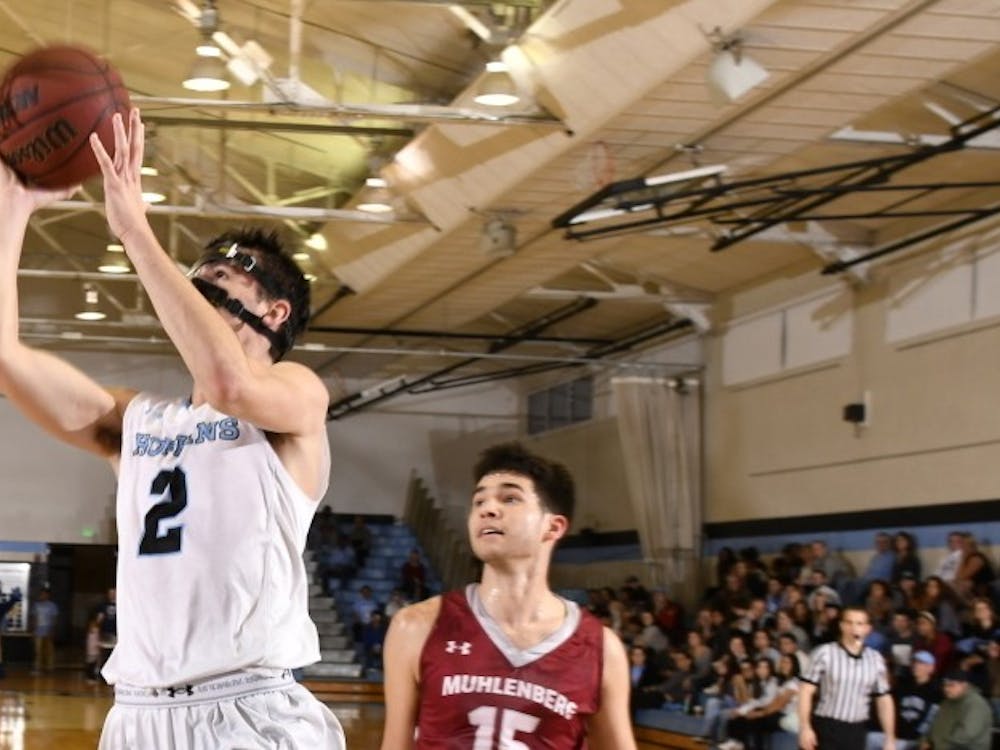BY SARAH STOCKMAN
When I graduated from high school, I thought I was done with attendance policies. I believed that I would be free to choose whether or not I went to class without getting into trouble. After all, I was now an adult and so should be treated as such. I soon realized I was mistaken. During my first class at Hopkins my professor told me that I wasn’t allowed to miss more than one class without my grade being negatively affected.
I couldn’t believe I could only miss one class. What if I got a cold and felt terrible and so I skipped class but then a month later got the stomach flu? Would I be screwed? I know most professors say if you tell them the reason for your absence they’ll take that into consideration, but if professors don’t trust me enough that they implement an attendance policy, why should I think that they’d believe my reasons for missing class?
Technically Hopkins as a whole doesn’t have an attendance policy. Instead, the Undergraduate Student Handbook suggests that professors make their own. It also lays down the rule that the Health Center does not give out sick notes. If you’re going to miss a lot of class due to an illness, you have to get a note from the Dean of Student Life.
I find both the suggestion to professors and the Health Center rule to be wrong. First off, by having an attendance policy in place, professors are telling their students that they don’t trust them. It says that the professors don’t believe that college students are adult enough to go to class voluntarily or pass a class without help. It’s a bit demeaning and doesn’t prepare us for real life. After all, no one’s going to make sure we show up to work — we’ll just get fired. Professors should trust us. If we fail a class, it’s on us.
I really don’t understand why the Health Center can’t give out sick notes. One would assume that as health care professionals they would be able to tell if a student is actually able to go to class or not. The flu can last longer than a week, but some attendance policies don’t allow students to miss more than one class. Then what are students supposed to do? Go to class still contagious?
Although I have yet to run into a scenario where I was in danger of getting a lower grade for missing class, I have forced myself to go to class when I felt really sick because I was concerned I would get into trouble. If I’m sick while in class, I’m not really paying attention. Instead, I’m counting the minutes until I can get back to bed. I’m probably also getting my classmates and my professor sick, which is never a good thing.
I do understand that as a professor, it might be degrading to stand in front of a class of 50 on the first day and then 10 the next. That being said, if a student is doing well in class even though they’ve never shown up, then what’s the harm? Some students don’t learn as well being lectured to; others just need to do something else during the class time. Some, of course, are ditching, but again, why should a teacher care? If I were a professor and my entire class vanished, I would wonder if there was something wrong with my teaching methods rather than believe that everyone was too lazy to get up that day.
Hopkins, as one of the top-ranked schools in the country, has some of the most dedicated students out there. Most of us enjoy what we’re studying and so do show up for class. We know the importance of participating in a seminar or hearing a lecture rather than reading the lecture notes online. I personally love going to class, but there have been times during the school year where I just needed a day off to sleep so that I wouldn’t feel like crying all the time. However, I almost never get to take a day off because I’m obligated to go to class. Although the weekends count as days off, I spend most of my weekends in the library doing homework.
Hopkins, and the professors who teach here, needs to rethink making attendance mandatory for certain classes and sections. Although I don’t know why Hopkins has such a vague — and yet not-so-vague — attendance policy in the first place, it’s time for the school to trust its students. Let us be adults, even if that means we don’t do well in a class or two. I know professors want to help their students and watch them succeed succeed, but professors aren’t going to be with us the rest of our lives. Let us fail a class because we overslept too many days in a row. It’s on us to succeed for the rest of our lives, so let us start succeeding now.




